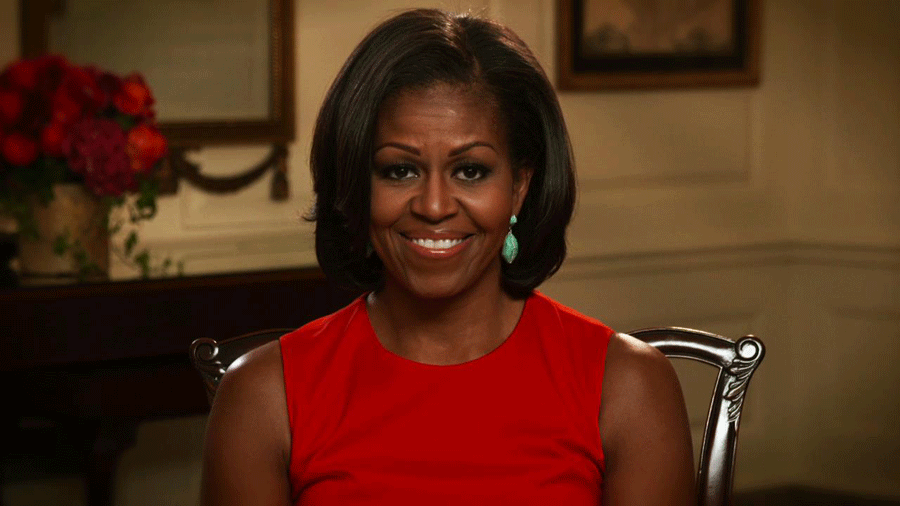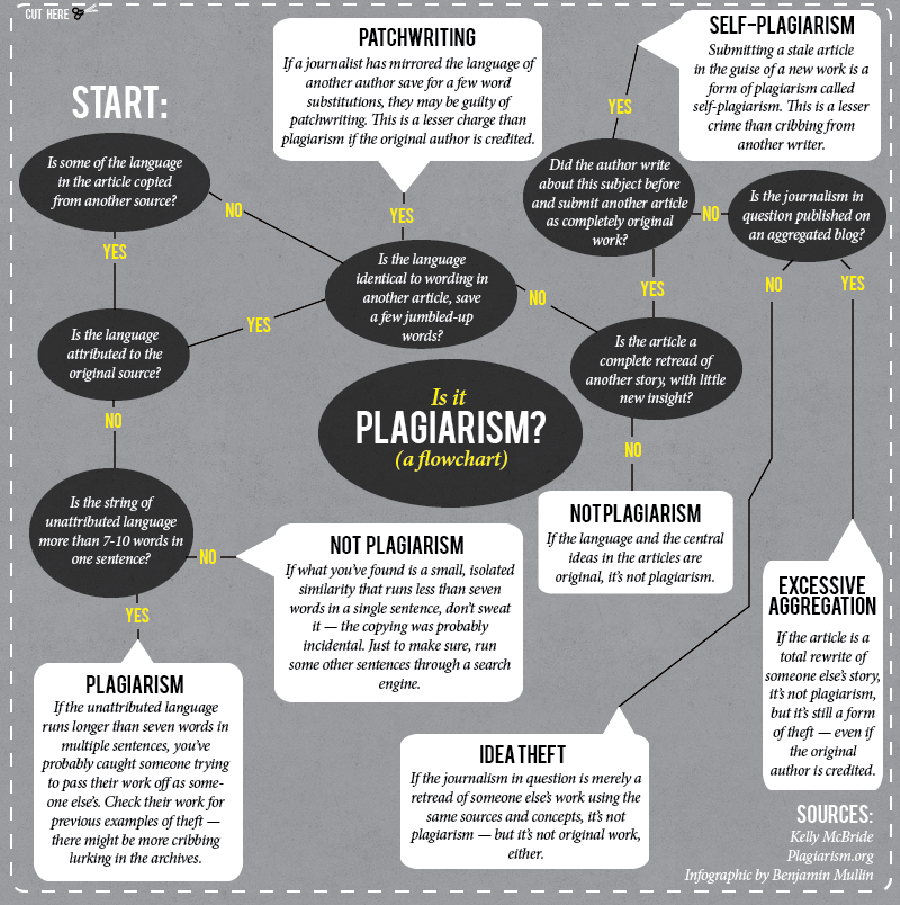I am given to occasionally writing on any topic of my choice. Rarely do I have timeliness save for the fact that usually I have to try to write a piece and post it before whatever topic it is becomes ‘stale’. On this score the age of www is both a blessing and a curse.

To begin with, I am writing this piece because Dave Schilling wrote his piece on the same topic for the British Broadcasting Corporation (BBC) following accusations that Melania Trump plagiarized Michele Obama’s speech. I Googled ‘plagiarism’ and his article popped up. In short, the very thought of writing this article is plagiarised.
Trying to keep to a timeline of sorts and being personally of a lazy predisposition, I usually argue as follows: why bother ‘inventing the wheel’ when the experts have already written on virtually any topic under the sun I may wish to write about? And is it of any value to put the ideas using words other than the way they have been put by the experts? After all they are the experts and they should know how to best put it.
Because of the Google, I now do not have to spend endless hours thumbing through aging books and graying newspapers to research any idea. And because my objective is not to claim and demonstrate any greatness in thought, but rather to generate discussion, it is tempting to copy and paste, and then get on with it.
And who said that typing is an easy thing. I come from a generation where you wrote things by hand and ‘the secretary’ typed it. You then spell-check it and using tippex ‘white-out’ (many of you probably have forgotten what that is), try to make retyping as unnecessary as possible.

Typing, more so ‘touch typing does’, therefore does not come naturally. Instead, I use the index finger and search for each letter painstakingly on the keyboard. So you see, copy pasting is very tempting and one hopes that who so ever edits or reads the work is not too keen on Googling every sentence and phrase to see if it has been lifted.
But in the event that it may be so judged that I have plagiarized, I here offer my defences; and there is no better place to begin that from the Good Book, the Bible. In the Gospel According to St Luke, we are told that the Good Teacher (Jesus Christ) dared whoever has not sinned before to cast the first stone at the village harlot. Elsewhere He reminds us that we have all sinned and fallen short of the Glory of the Father and that you should not remove the speck in anothers’ eye before you remove the log in yours.
And in terms of plagiarism, who does not have a log in his or her eye? Aren’t we all plagiarists from birth? A child learns to speak by copying the adults. Education systems the world over are aimed at ‘imparting knowledge’ and your ‘brightness’ is judged by the degree to which you regurgitate the knowledge.
The university professor will often tell you that he will reward ‘independent thinking’. But remember that if your idea is diametrically opposed to hers or his, it is usually an uphill task trying to get the pass mark. So the advice one is tempted to give the ‘good student’ is: try to be faithful to your professor’s thinking.
Plagiarism is thus a normal condition of homo sapien sapiens. Every time you string words together, you will always be doings it the way you were raised to do or the way you have learnt. And we are agreed that learning is essentially aping. The hope is that at the end, you will have put an idea in edgewise.
In any case, if you plagiarize you are not alone. Every scholar learns at the foot of a great master. Is it not the other day that Germany’s Education Minister resigned after being stripped of her doctorate because of plagiarism?
The move, an embarrassment for the German Chancellor Angela Merkel as she campaigned for a third term, came after the decision by the University of Düsseldorf to void Schavan’s PhD because parts of her doctoral thesis had been copied. Another minister, Karl-Theodor zu Guttenberg, quit as Defence Minister in 2011 over a plagiarised thesis.
It is not that plagiarism is easy to define; or that it is child’s play to determine whether a piece of writing has committed what Roy Peter Clark calls “the unoriginal sin”. I will give you a taste of how it is difficult to write anything without plagiarising to a degree.
First, all editors have become ‘fact-checkers’ who feed sentence after sentence into Google for any traces of ‘dishonesty’ – as Benjamin Mullin (just Google the name!) puts it.
Mullin goes on to admit that “in today’s world of aggregated news, plagiarism is an imprecise word that stands for a spectrum of offenses related to unoriginal work. And its severity varies dramatically depending on a variety of circumstances”.
It ranges from unoriginality of language and central idea of a story; through failing to set off unoriginal language or ideas with quotation marks; the author not attributing the work in some other way, such as a paraphrase with credit; lifting more than seven to ten words verbatim from another source; to self-plagiarism in which a writer recycles his or her own work without acknowledging its unoriginality!
The jury is still out on the last type: it has been argued that you can’t steal from yourself. Others say that “self-plagiarism” should be called something else, because it is “less an ethical infraction than a potential violation of ownership rights.”
Anyway, there are more in the bag labeled plagiarism. These include:
• Patchwriting even when the author does not copy verbatim i.e. crafting paraphrases that mirror others’ material with the exception of a few jumbled-up words. Here is found “relying too heavily on the vocabulary and syntax of the source material”. It has been suggested that this is a lesser charge than plagiarism even though it is “just as dishonest” as plagiarism.
• Excessive aggregation i.e. rewriting an entire article, even with proper credit is a form of appropriation. Aggregation without original ideas is, however, one of the least severe forms of plagiarism because it does not deceive readers about the source of the information. To avoid excessive aggregation, simply transform the original work by “adding value to it”.
There you are. Where is the ‘holier than thou’ writer or speaker to cast the first stone? It has been suggested that in journalism, relying heavily on another journalist’s original story ideas and concepts is “quite common and not intellectually honest”. This can occur when a reporter sets out to “match” a story by interviewing the same sources without acknowledging the news was first reported elsewhere (once again, just Google this sentence and you will find where it came from).
So where does all the above leave us? Let us return to Dave Schilling for assistance. He comforts us by saying that a writer’s or a speaker’s “mind wanders; it regurgitates whatever you’ve put inside of it and repackages it as an original thought as a defense mechanism against writer’s block”. Creative people think alike, and “we’re all just out there in the trenches trying to make a buck. There are only so many words you can use. There’s only so much time in the day.”
Phew! Thanks Dave. For those of you who are strict and pathologically adverse to the label ‘plagiarist’, Benjamin Mullin has supplied the flowchart below to help you navigate and avoid the wrath of the editors. As for me, I will rush to submit this to the publisher to see if it can get out before it loses its topicality.

By Enoch Opondo
Global Education and Development Organization
Kisumu – Kenya
